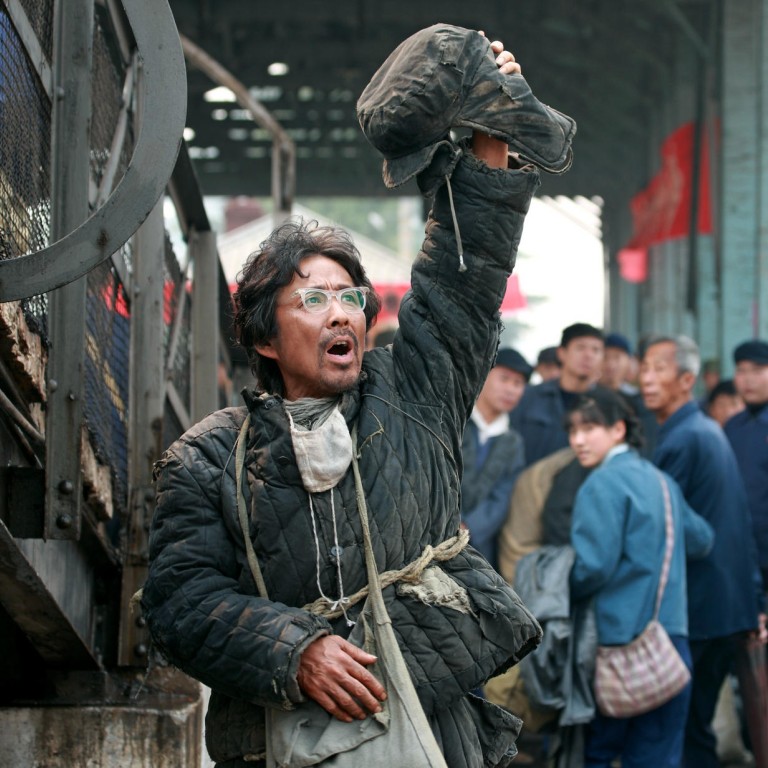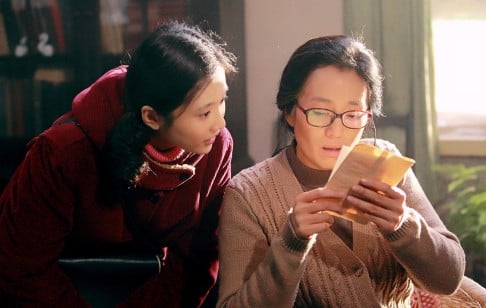
Film Review: Coming Home
It's just as well Zhang Yimou's was described by Ang Lee at a New York University seminar as "a very good existentialist film" because there is little dramatic pull in this placid adaptation of Yan Geling's novel .
COMING HOME
Starring: Chen Daoming, Gong Li, Zhang Huiwen
Director: Zhang Yimou
Category: I (Putonghua)
It's just as well Zhang Yimou's was described by Ang Lee at a New York University seminar as "a very good existentialist film" because there is little dramatic pull in this placid adaptation of Yan Geling's novel . The master Chinese filmmaker seeks to reconcile his country with its traumatic past, but in doing so, tests his audience's patience beyond redemption.
Chronicling a rehabilitated political prisoner's years of struggle to restore his wife's memory of him in the aftermath of the Cultural Revolution, the mainland auteur's period romance distantly echoes Albert Camus' philosophical essay , in which the protagonist's futile effort eventually becomes an end in itself.
Zhang's intimate tale is not as kitsch as his 2011 war drama — which was based on another of Yan's novels — but it does appear perfectly content to take its one-trick conceit and stretch it across nearly two hours. For much of the second half, is emotionally draining, as well as unapologetically monotonous.
Nonetheless, it marks a welcome reunion of Zhang and former muse Gong Li, who starred in several of the director's landmark films, such as (1990) and (1991).
This drama, set in the 1970s, sees the 48-year-old actress in captivating form as Feng Wanyu, the long- suffering wife of Lu Yanshi (Chen Daoming), a dissident professor who is sent away for "re-education" for more than a decade.

The sticky subject of the Cultural Revolution is still strictly censored in mainland cinema, so it's understandable that most punches are pulled in this melodrama.
The story begins with Lu escaping from a labour camp, only to be inadvertently locked out of his home by Feng, and misguidedly turned in by his indoctrinated daughter Dandan (newcomer Zhang Huiwen).
The story skips ahead three years to pick up after the Cultural Revolution; Lu comes home in a healthy state, which is more than could be said for his family. While Dandan has abandoned her dancing dreams to become a factory worker, she has also been kept out of the life of her unforgiving mother. To make matters worse, Feng has lost the ability to recognise her own husband due to a bizarre case of psychogenic amnesia.
What follows is an endless cycle in which Lu seeks to jog his wife's memory with activities such as posing as a tuner of his beloved piano and playing an old tune, or reading his own letters.
When he takes on the role of a friendly neighbour so he can care for her, becomes a sentimental — and thoroughly cursory — romantic tale beset by memory loss.
As the film comfortably shuts out any meaningful commentaries on its troubled historical setting, its audience, like Lu, is left to wonder what might have been.

